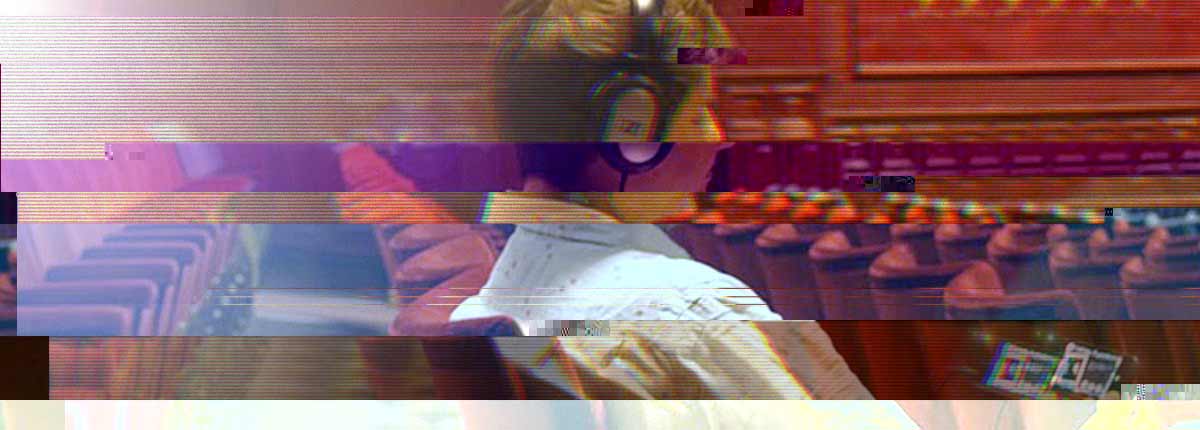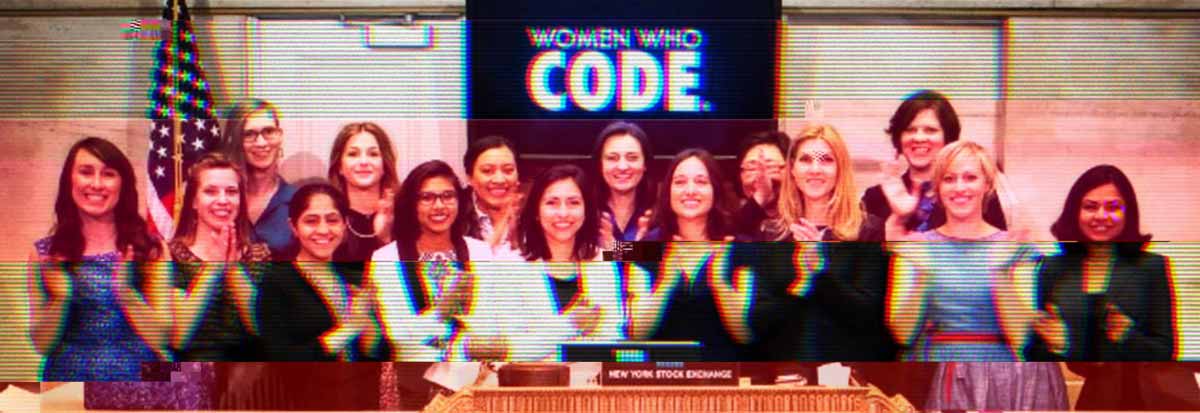“Now it is the autumn again; the people are all coming back. The recess of summer is over, when holidays are taken, newspapers shrink, history itself seems momentarily to falter and stop. But the papers are thickening and filling again; things seem to be happening; back from Corfu and Sete, Positano and Leningrad, the people are parking their cars and campers in their drives, and opening their diaries, and calling up other people on the telephone . . . Everywhere there are new developments, new indignities; the intelligent people survey the autumn world, and liberal and radical hackles rise, and fresh faces are about, and the sun shines fitfully, and the telephones ring.”
The History Man – Malcolm Bradbury
New developments, new indignities. Some perform their indignities, some have them thrust upon them. While many labour under increasing pressures and are forced into indignities, there remains a, privileged, few in the loftier perches of the ivory tower that seem to habitually perform indignation from positions of relative comfort. Just as Bradbury observed through the acerbic whit of his “campus” novels.
In some ways this also speaks to a particular kind of sociological imagination of academia – the academic as an empowered, perhaps even powerful, individual. An individual with time and resources. That imagined individual was also, largely, male and white. It is also a satirical reflection upon the ‘radical’ academic – perceived as all bluster and little action perhaps – but also situated in a radical time – Howard Kirk, the protagonist, was a university lecturer of the 1970s. The radical pedagogue has, however, cast a long shadow from the late 20th century into the present. Some might argue this is the impetus for worthy activities like the Volunteer University, others might suggest such apparent ‘radicalism’ is a performance that shields morally questionable actions. The allusion to Corfu and Sete, or even Leningrad (now St Petersburg), perhaps also speaks of a different time – though I am not old enough to know – in which academics could afford (both in terms of time and money) to go away.
The “radical hackles” of the 2018 UK academic are perhaps frayed, with ongoing disputes over pensions and pay and uncertainties over the future of university funding. Many of us are perhaps performing the Beckett-like refrain We must go on. We can’t go on. We’ll go on. (Waiting for Godot). Term begins – even if for some it does not feel like it really, truly, ended – and we are pressed onwards.
“The recess of summer” has, for many, simply disappeared, if it ever really felt like it existed. The ‘summer term’ of exams and then post-exam activities creeps ever onwards into the time that was once jealously guarded for research. The ‘referred’ or ‘deferred’ assessments (resits or extensions) crash through the frail membrane of summer and drag the mind back to marking schemes and intended learning outcomes.
The return to term-time is often fraught. Sometimes it is simply the things we say to each other in the corridor:
How are you doing? How’s your start of term?
I’m surviving!
Only eleven weeks to go, ha ha ha
Sometimes, and especially in recent years, the churn of change – new management directives, shifts in organisational make-up – conspire to make the seemingly simple task of turning up in the right room, with the right group of students, at the right time, rather difficult.
“Fresh faces are about” at the beginning of term and we meet new and not-so-new students with a seemingly increased frequency, yet it can often feel like we only seem to know them less. Bouncing from one one-hour session to another, between year groups and perhaps between programmes, it can feel like we see more of the students but it is only from the front of a lecture theatre – a series of faces peering over a sea of glowing laptop logos.
Nevertheless, the sun shines, as it always seems to in September. Conversations begin and grow. Sometimes we can just stop to witness the changing of the season. In amongst the melee, you can sometimes, just sometimes, find the time to find yourself and try to laugh at the absurdity of those new initiatives, the new indignities. Starting all over again.









